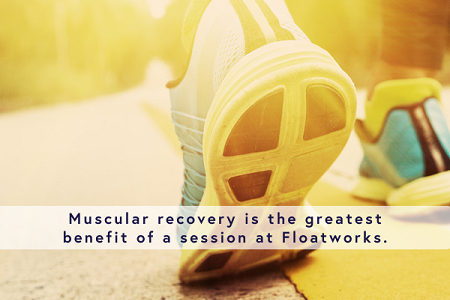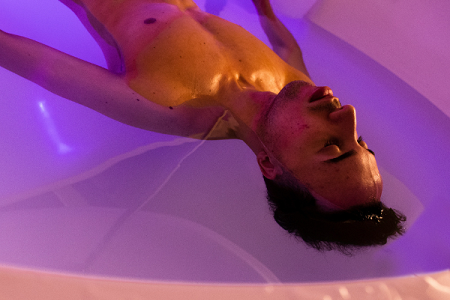Why Students Should Float to Beat Stress and Boost Cognitive Performance
Two big exam results days are right around the corner; A-Levels will be announced on the 18th of August and GCSEs on the 25th of August. Stress often plays a big role in both preparation of the exam period and in anticipation of the desired outcome. However, stress does not have to be part of the process. With floatation therapy, students can gain control of stress before stress controls them. They can also gain benefits that may boost overall cognitive performance.

Here are a few reasons why students should try floatation therapy.
Alleviates Stress and Anxiety
One of the main and most obvious reasons is that it alleviates stress and anxiety. Most people that
float do so because it provides them with the deepest relaxation. The part of the brain that becomes
overactive when we are stressed or anxious (the amygdala) becomes deactivated when we float. In
turn, our cortisol levels also decrease, easing us into a state of calm. This enables you to focus on the
present moment, as opposed to ruminating over past mistakes or worrying about what the future
may bring. Whether those exam questions were difficult, or your results may not be quite as
expected, in a mindful state you can tackle any obstacle that comes your way.
Boosts Learning, Creativity and Problem-Solving
Without the distractions of external sensory input, your brain is put into a theta state, which is a
deep state of relaxation that is often associated with lucid dreaming, meditation and daydreaming.
In this state, creativity is also enhanced, allowing you to become more open to new thoughts and
ideas. Furthermore, this can lead you to finding a solution to a problem that you may be trying to
solve.
In addition to boosting creativity and problem-solving skills, it can also boost general learning ability.
In the book Stealing Fire, New York Times bestselling author Steven Kotler and high performance
expert Jamie Wheal revealed how US Navy SEALs used floatation therapy to help them learn a
language in six weeks. By using floatation tanks to eliminate all distractions and induce specific
brainwave states, the SEALS were able to reduce the time it takes to learn a foreign language down
from six months to six weeks. Therefore, if you are struggling to retain information when revising,
floatation therapy may help to increase your focus and memory.
Enhances Visualisation
It is well documented that athletes will often use visualisation techniques to boost performance and
help achieve their goals. As Muhammad Ali once said: “If my mind can conceive it and my heart can
believe it – then I can achieve it”. You can do the same by training your brain to visualise your
desired outcome, and without sensory input in one of our pods, this technique can be enhanced
tenfold. The more you believe and feel that you can achieve something, the likelier you are to
actually achieve it. For example, a study published in Neuropsychologia revealed that even just by
imagining the movement of a certain part of your body, it can train the muscle almost as much as
the actual movement itself. The mind is powerful, and you can condition it to help you achieve
success!
Do you know anyone who is anticipating exam results soon, or anyone who may need mental
support with exams in the future? Why not introduce them to floating? We offer gifts cards and gift
boxes to get them started. We believe that there are no better gifts then relaxation and a positive
mindset.










